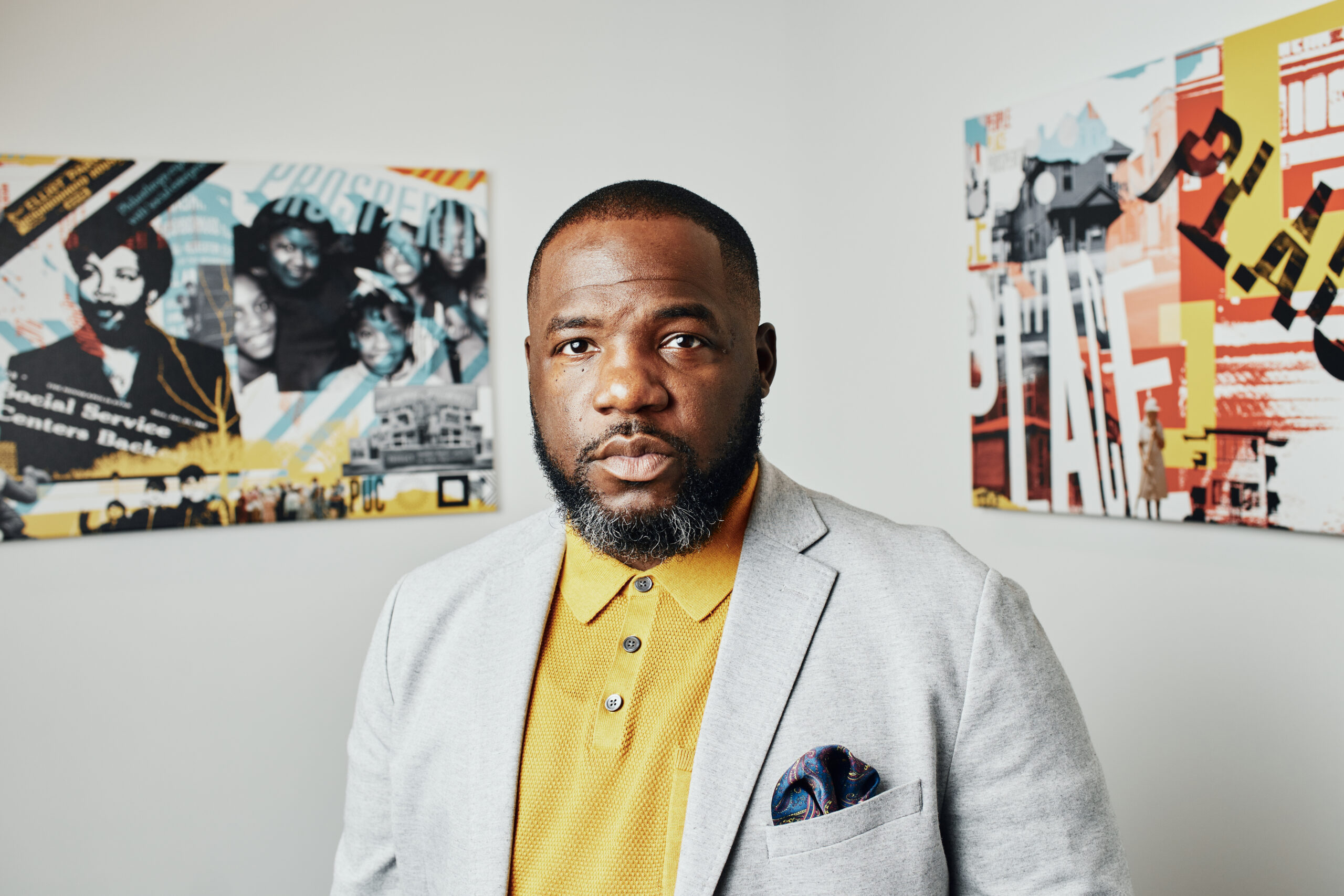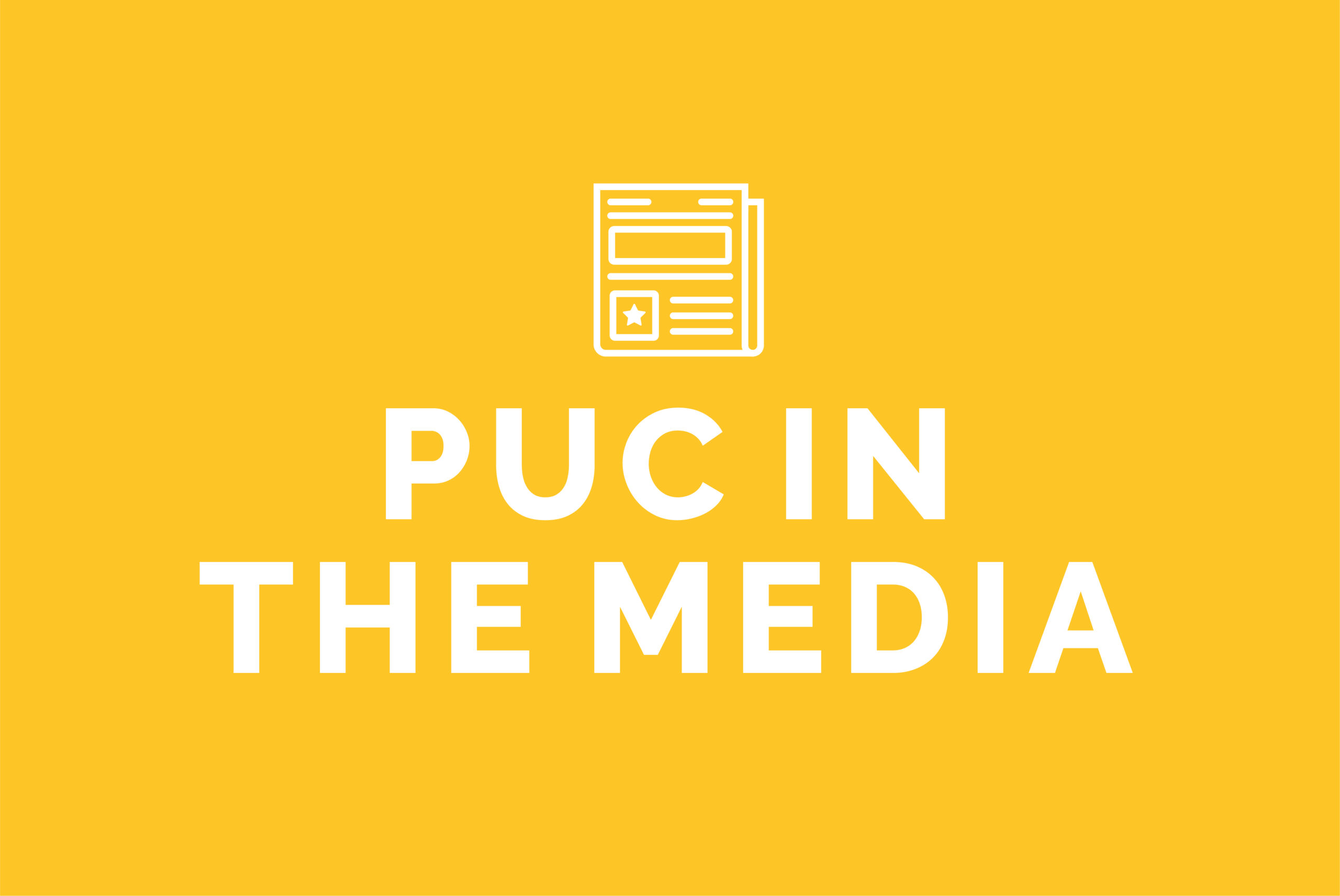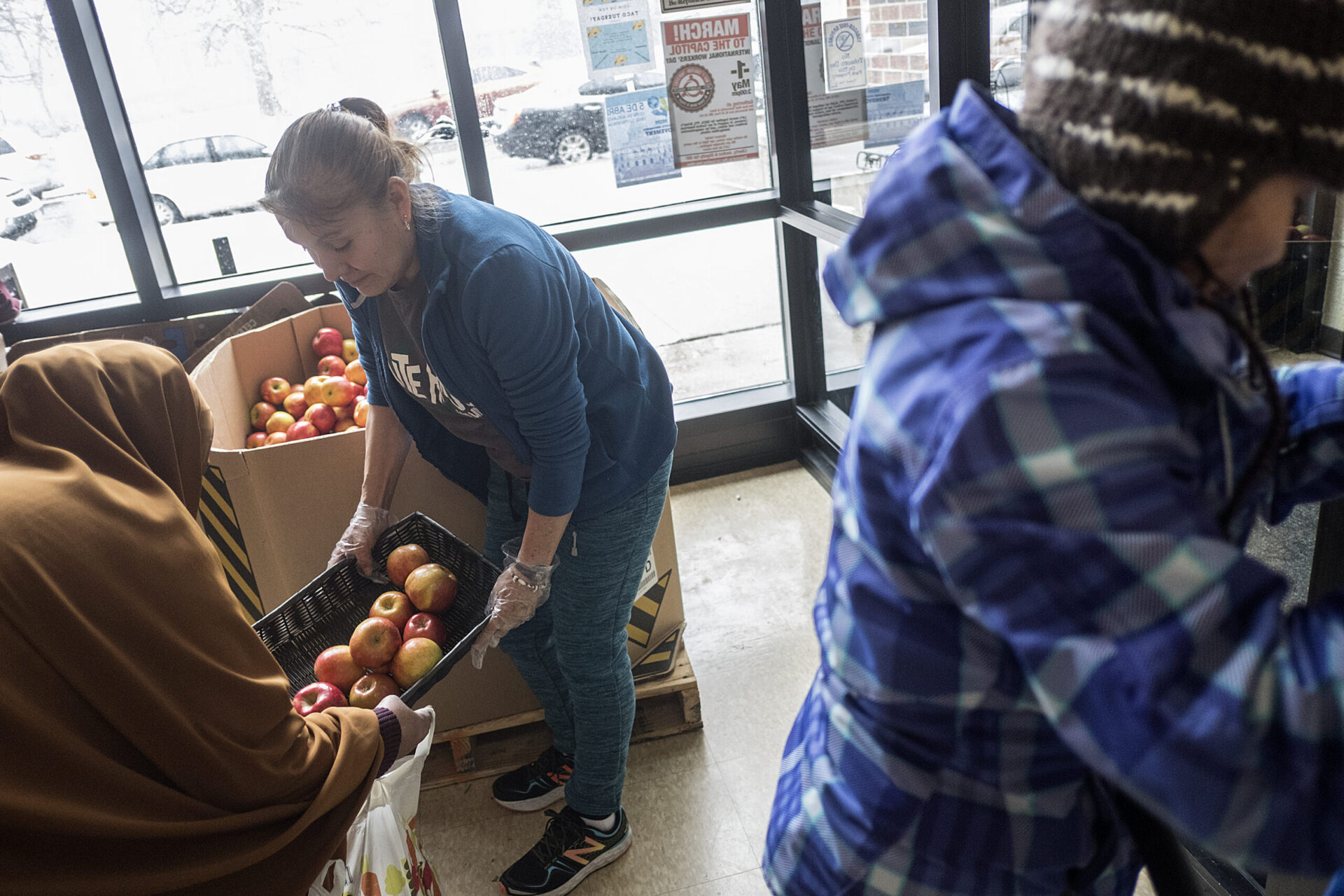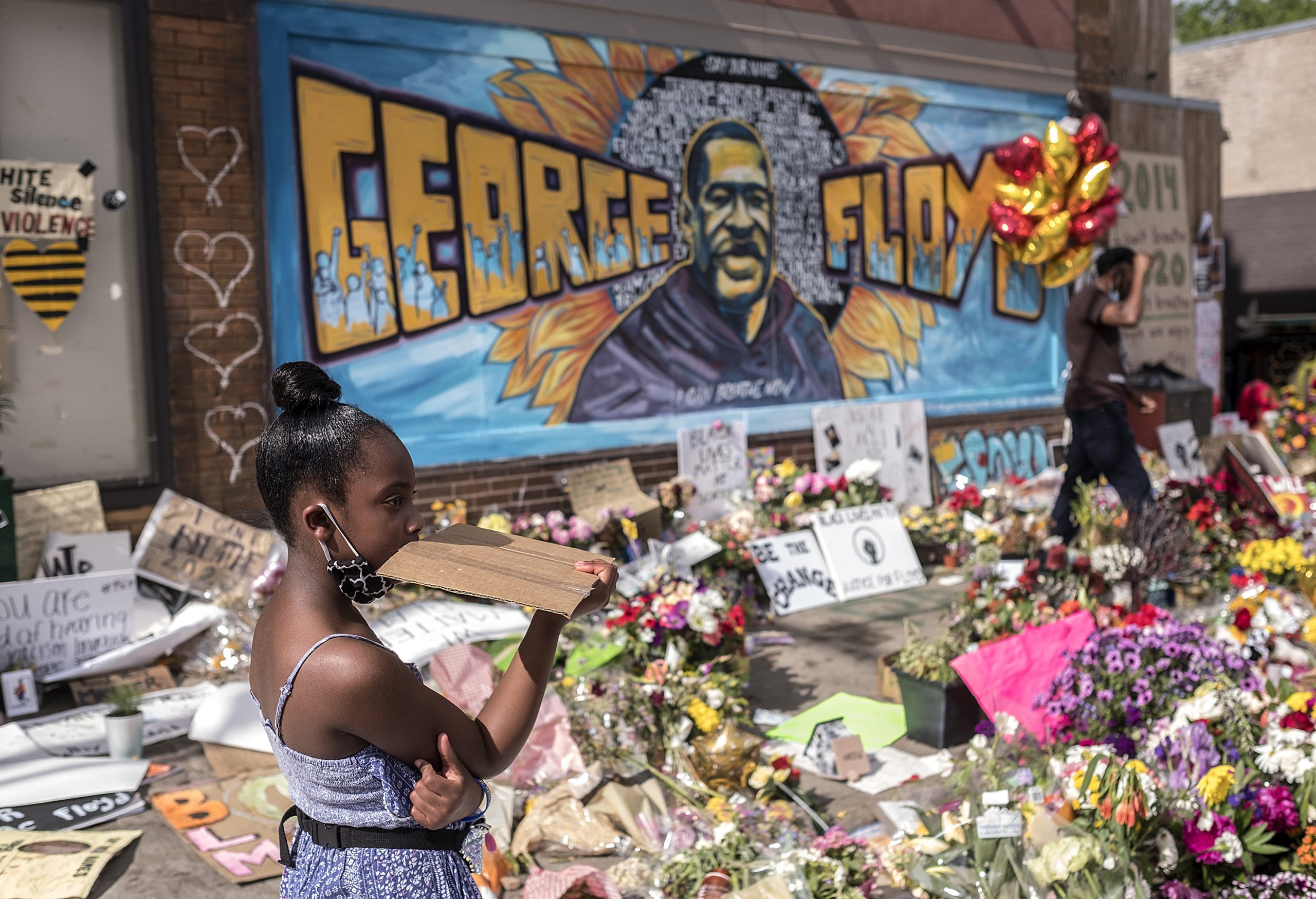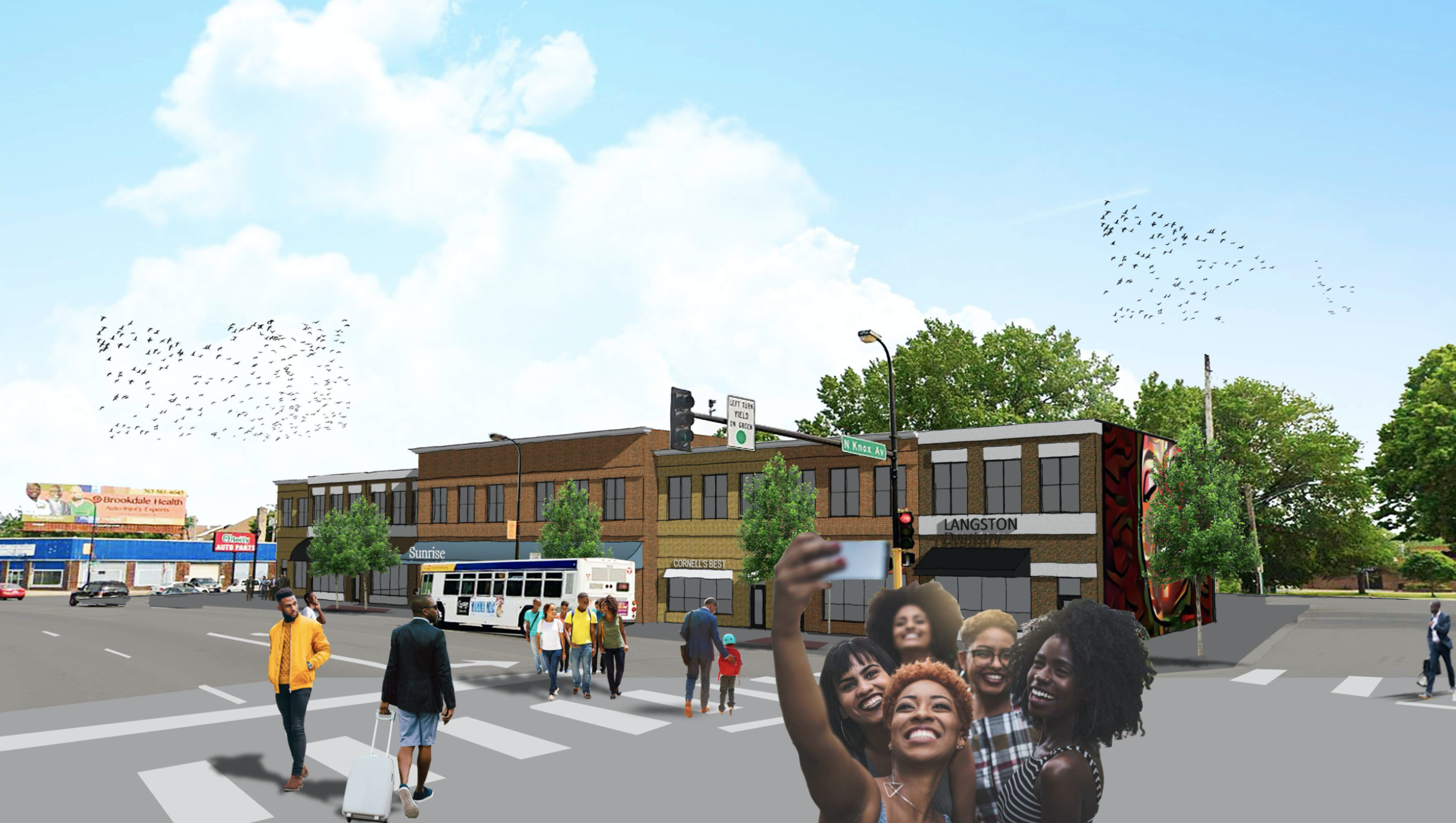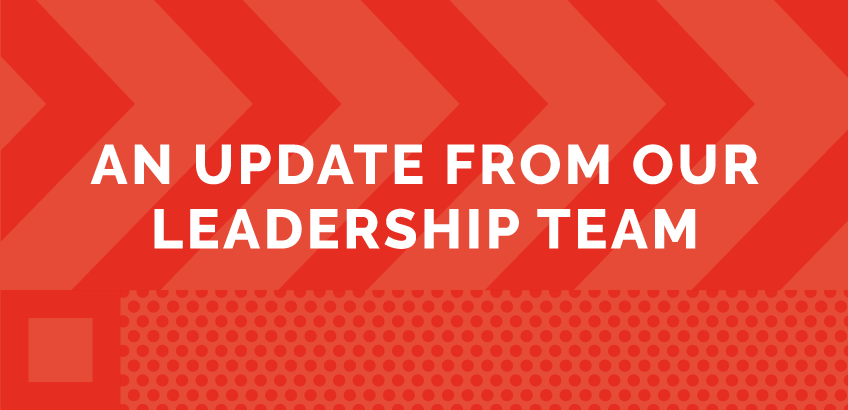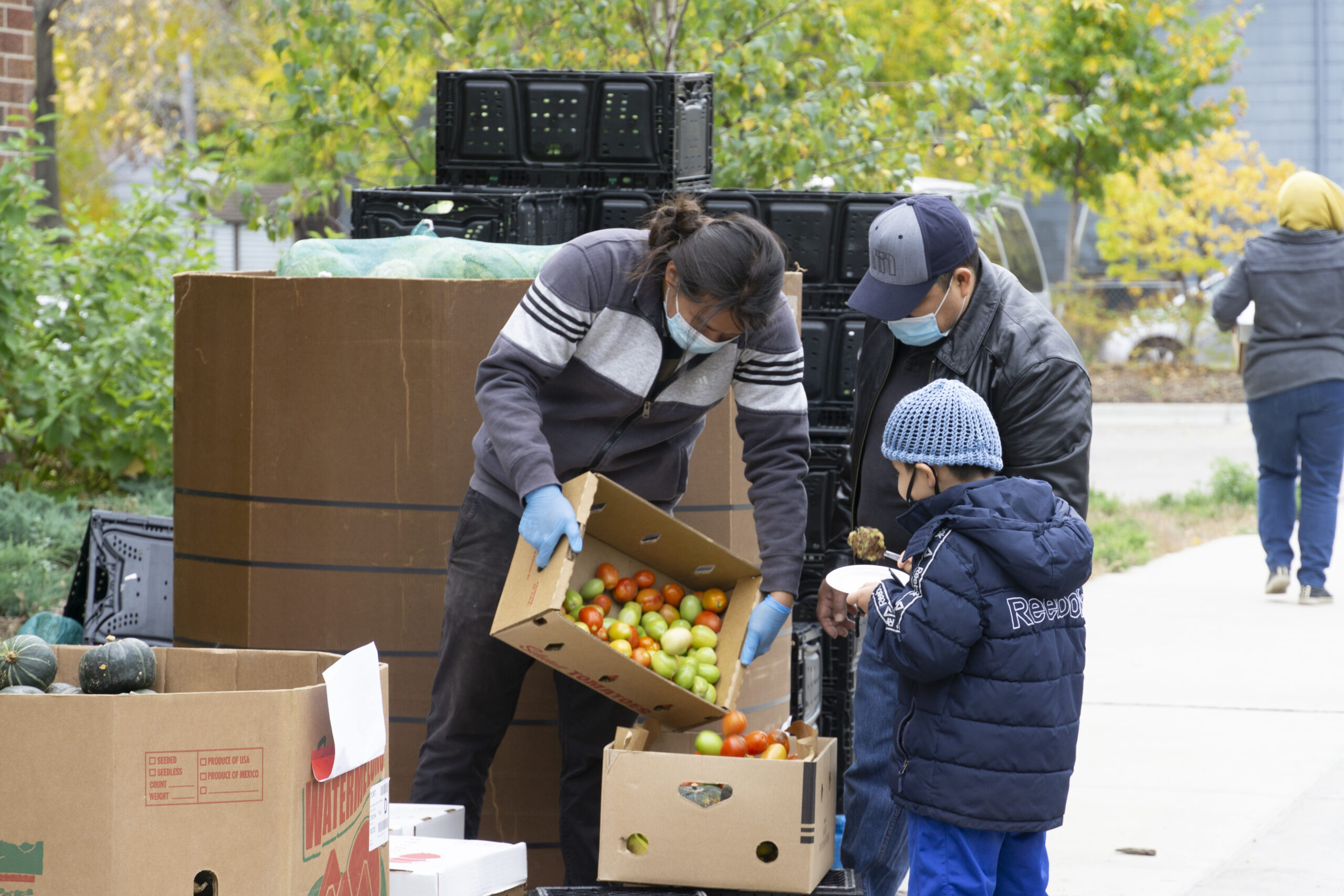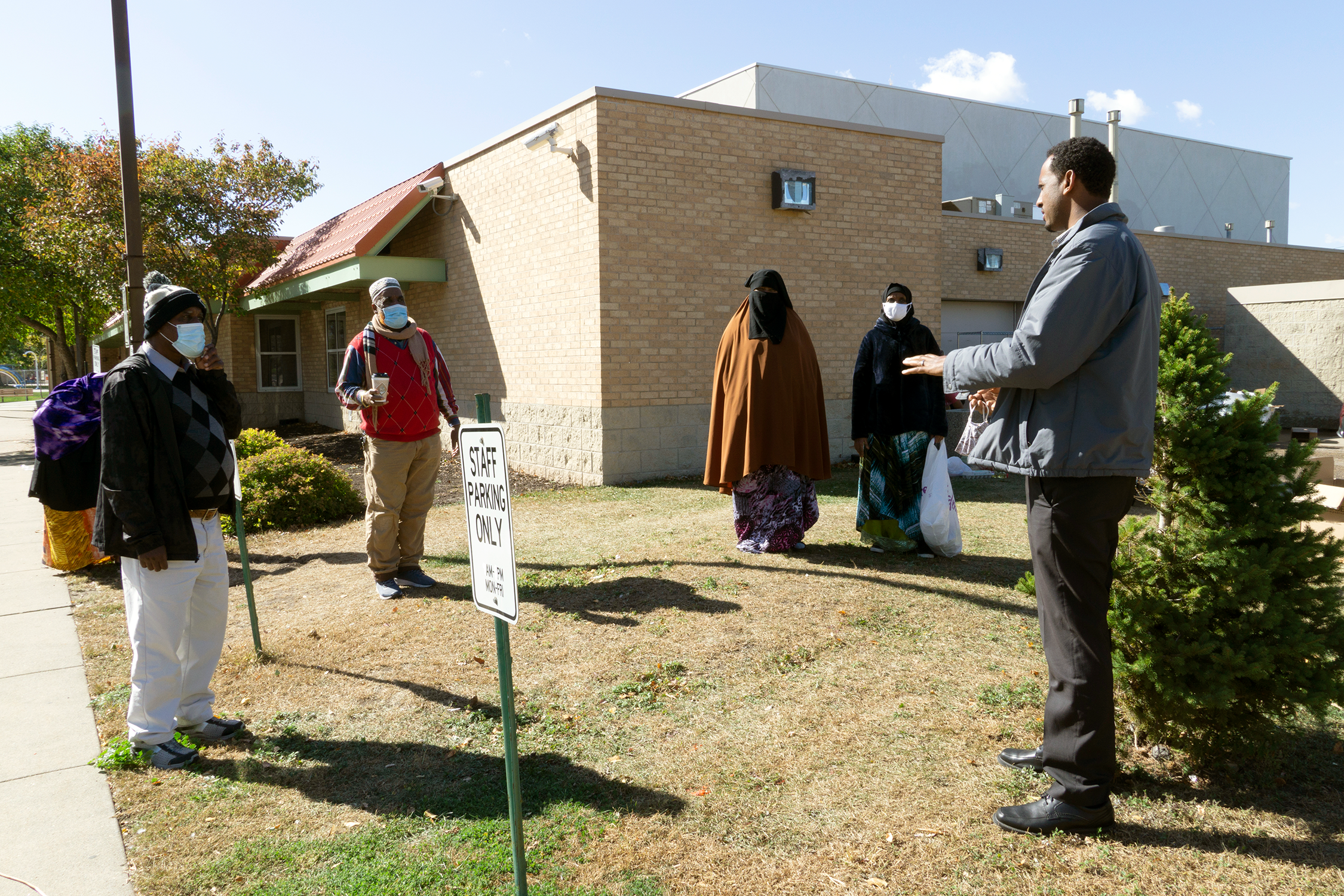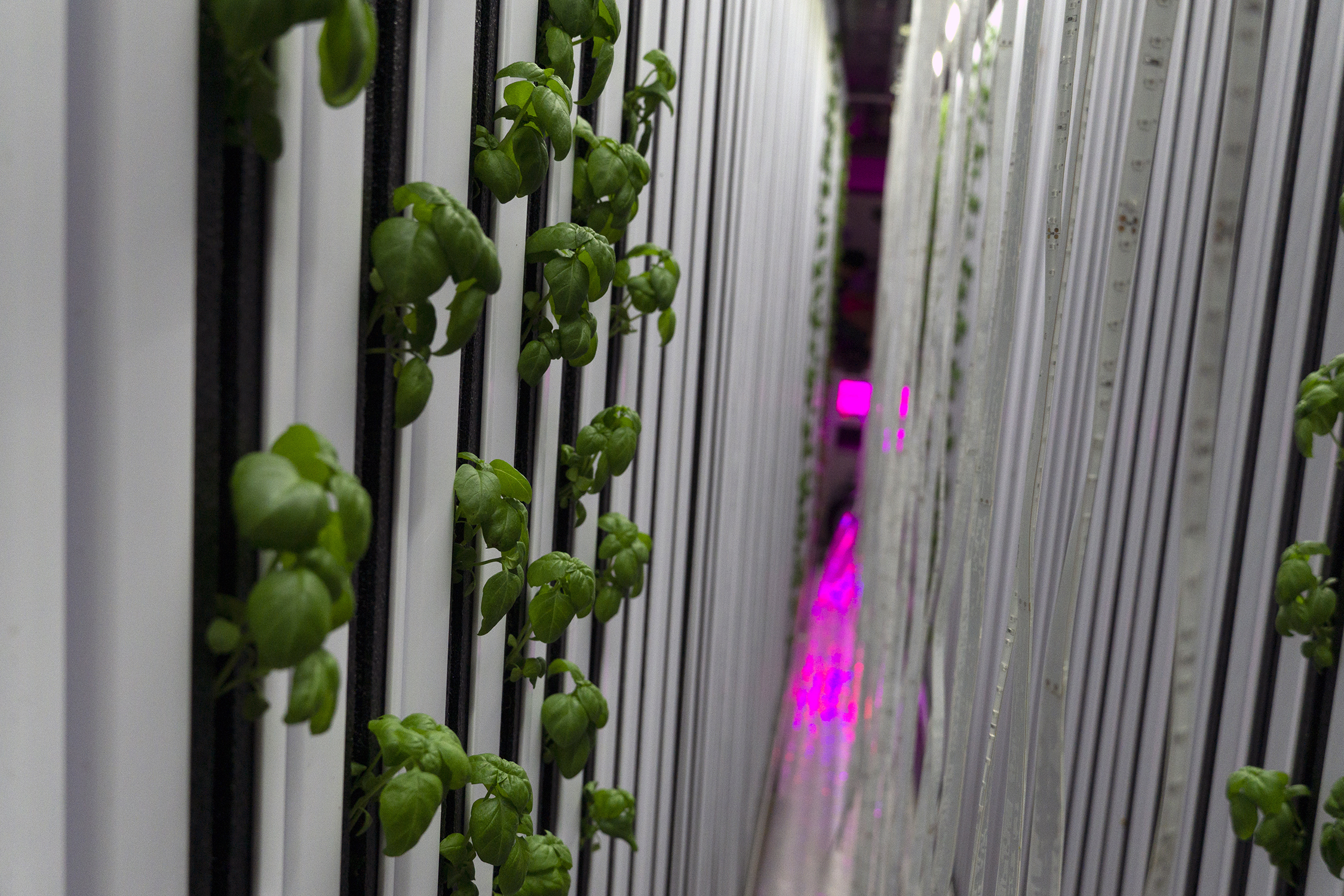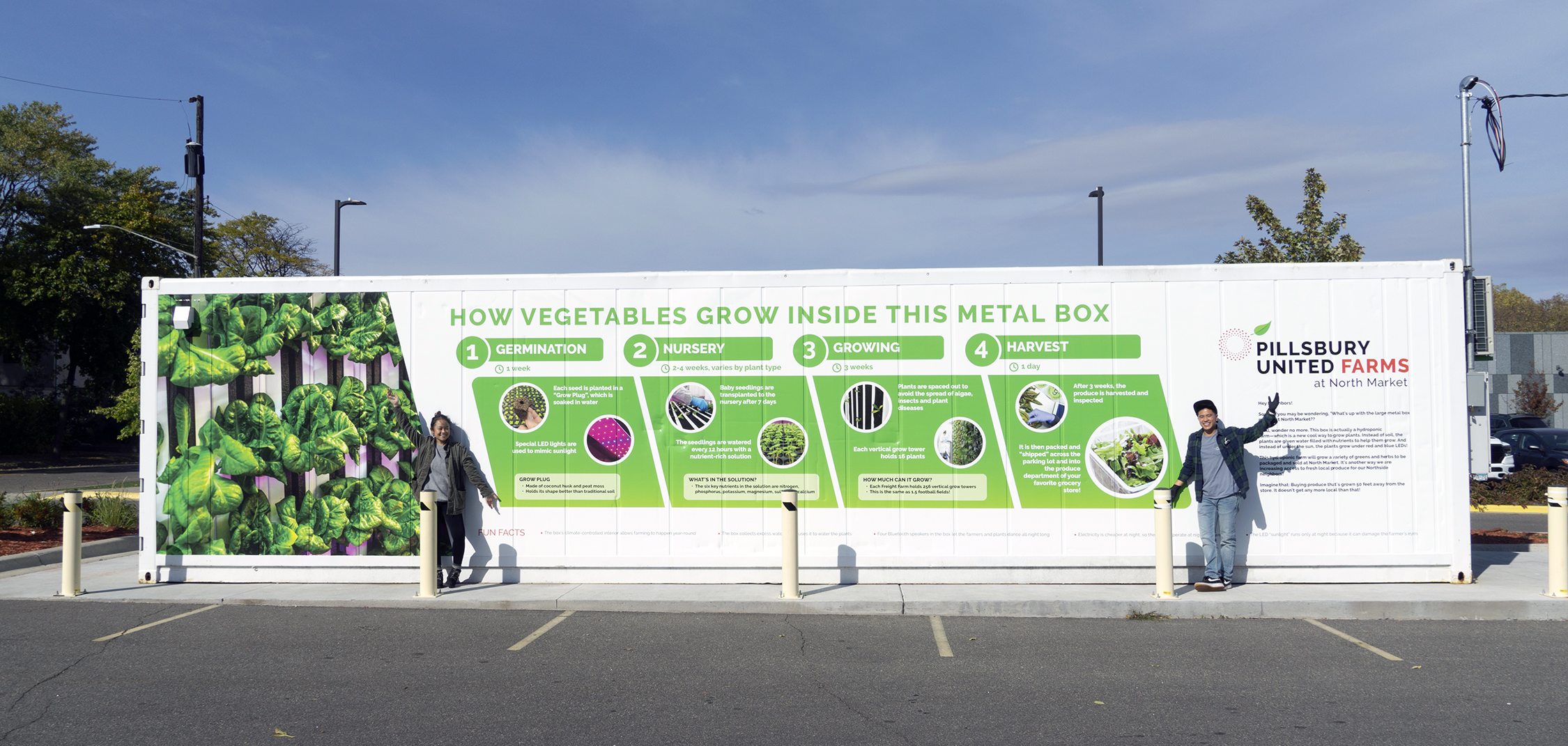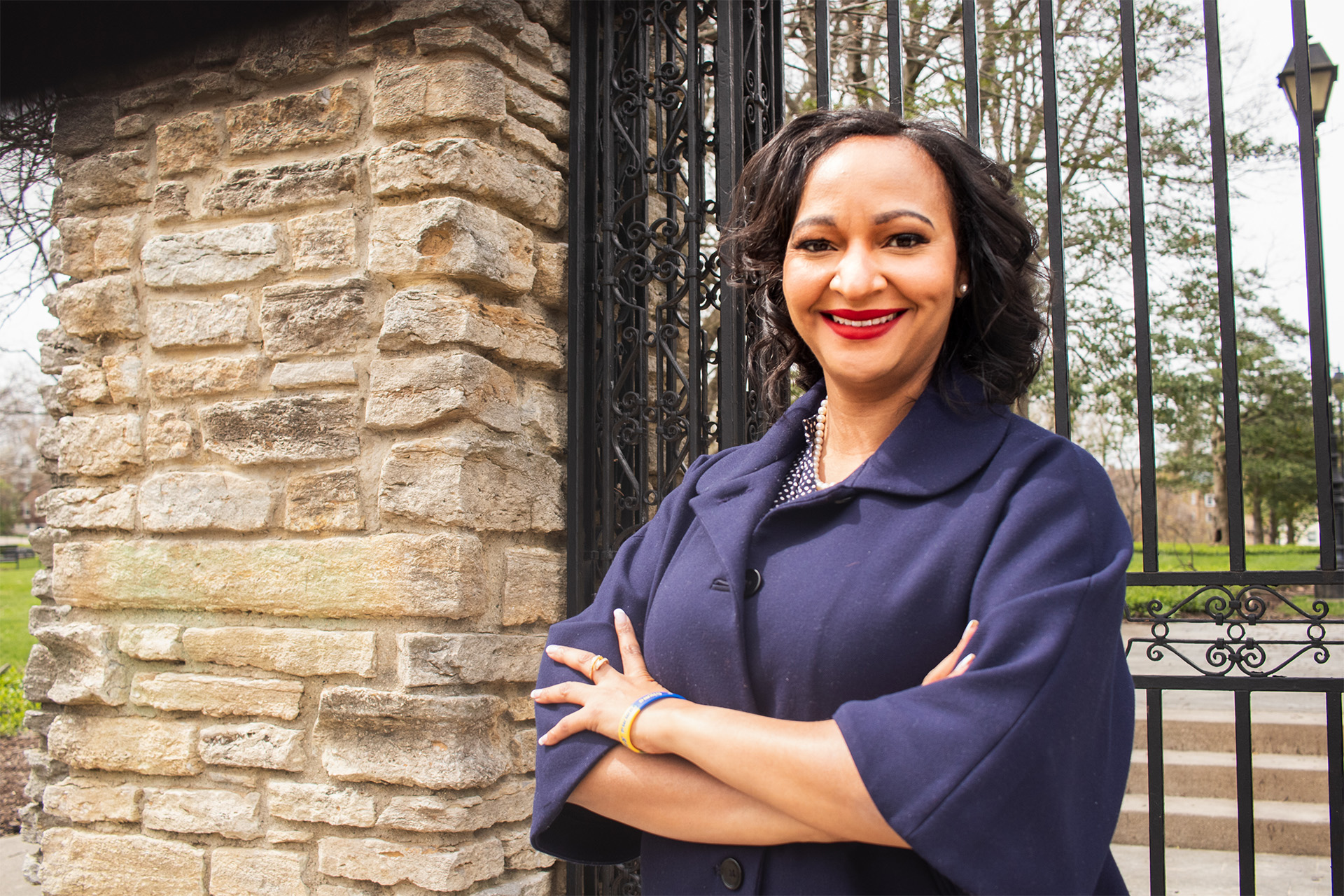
MINNEAPOLIS, MN, APRIL 10, 2023 — The Pillsbury United Communities Board of Directors announced today that Cinnamon Pelly has been named the President and CEO of Pillsbury United Communities. Ms. Pelly comes to the agency from Cincinnati, Ohio where she has most recently served as the Chief Operating Officer for the Urban League of Greater Southwest Ohio.
Pelly is an experienced executive with diverse leadership experience spanning community development, education, health and human services, banking and philanthropy. As COO of the Urban League, she oversaw significant renovations to the Cincinnati and Dayton offices during the COVID-19 pandemic which kept the doors open and allowed staff to serve 40,000 in the community. She led negotiations for a 10-year, multi-million-dollar real estate contract for the new Holloman Center for Social Justice. The Cincinnati Enquirer called her an “African American emerging leader to watch,” and she’s been honored with several professional awards for her transformational leadership.
“I am deeply honored to lead Pillsbury United Communities as its next president and CEO. I am fortunate to join a team of incredibly talented and caring executives, staff, volunteers, trustees, and donors who have prioritized a bold vision for justice, equity, and prosperity. Together, we will build on our rich legacy of co-creating enduring change that positions people and communities to reach their full potential.” said Pelly.
Pelly’s first official day at the agency will be April 17, 2023.
“Pillsbury United Communities has been the quiet achiever, fighting for social justice and equity in our communities for over 140 years. The team has been preparing for the next chapter and selecting this new leader was a serious undertaking. We had some wonderful candidates, and we actively involved the entire organization. In the end, Cinnamon didn’t only bring an incredible breadth of skills and experience, but her ability to genuinely connect with people at all levels was amazing. Uniting people is the key to our future. With game-changing directives in play that will positively impact so many parts of the community, the Board is excited to welcome Cinnamon to help begin PUC’s next chapter.” said Heath Rudduck, Chair of the Board of Directors.
“I’m so pleased to have Cinnamon join Pillsbury United. Her breadth of experience, coupled with her commitment to strengthening communities and racial equity are a beautiful combination of talent and passion that align with our agency’s values. I am thrilled to work closely with her in coming months to welcome her to the PUC family and introduce her to our community,” said Pillsbury United Interim CEO Brenna Brelie.
The Pillsbury United Board of Directors retained BroadView Talent Partners to conduct the CEO search in the fall of 2022. “Midwestern born and raised, Cinnamon brings an amazing blend of progressively responsible corporate, non-profit, and community development leadership coupled with exceptional relationship management and fundraising capabilities to the PUC CEO role. Cinnamon will fast-adapt to Minneapolis and the constituent communities served by PUC’s mission and social enterprises. We envision that she will be the perfect catalyst for PUC’s next phase of growth and maturity,” said Tracy McMillan, CEO & Managing Partner of BroadView Talent Partners.
About Pillsbury United Communities
Pillsbury United Communities is one of Minnesota’s most well-established organizations with 140+ years of service to diverse communities across the Twin Cities and beyond. Pillsbury United Communities has an annual operating budget of $16M (including affiliates) and 150 change agents. We are community builders co-creating enduring change toward a just society where every person has personal, social, and economic power. Our united system of programs, neighborhood centers, social enterprises, and partnerships connects individuals and their families across the region. More information about Pillsbury United Communities is available at www.pillsburyunited.org
Contact: Kenzie O’Keefe, Head of Mobilization & Narrative Strategy
651.245.2647
KenzieO@pillsburyunited.org
